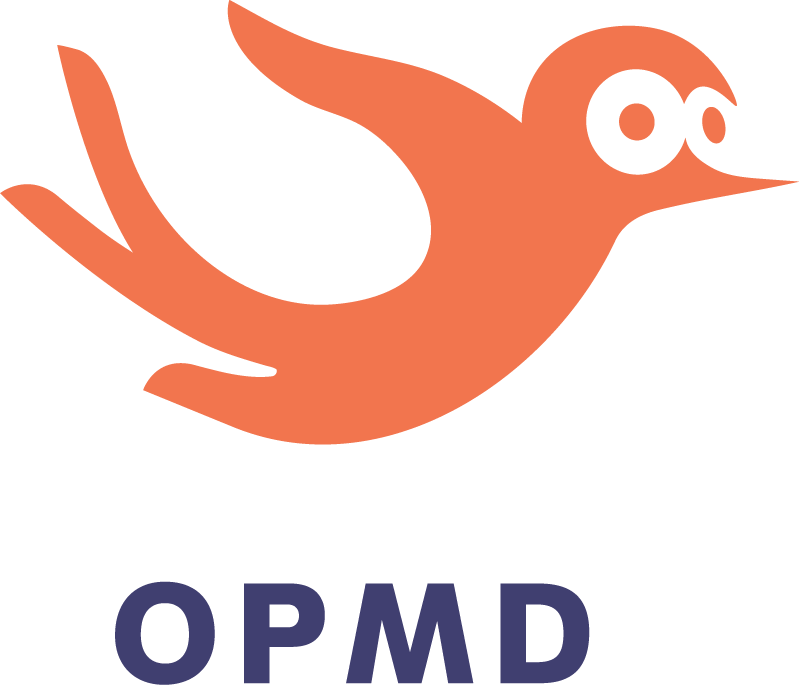About OPMD - Oculo-pharyngeal muscular dystrophy
Oculo-pharyngeal muscular dystrophy (OPMD) is a rare genetic condition. It causes weakness in the muscles, mostly but not only, of the head and neck. OPMD may cause problems in vision, swallowing, talking and walking. It affects both men and women starting between 40 and 60 years of age. OPMD generally doesn’t shorten a person’s life span.
Oculo-pharyngeal muscular dystrophy (OPMD) is a rare genetic condition. It causes weakness in the muscles, mostly but not only, of the head and neck. OPMD may cause problems in vision, swallowing, talking and walking. It affects both men and women starting between 40 and 60 years of age. OPMD generally doesn’t shorten a person’s life span.
Oculo-pharyngeal muscular dystrophy (OPMD) is a rare genetic condition. It causes weakness in the muscles, mostly but not only, of the head and neck. OPMD may cause problems in vision, swallowing, talking and walking. It affects both men and women starting between 40 and 60 years of age. OPMD generally doesn’t shorten a person’s life span.
All information About OPMD
What causes OPMD?
The problem is in a gene for a protein polyadenylate-binding protein (PABPN1). The defect leads to a buildup of PABPN1 in the muscle cells. The PABPN1 clumps inside the muscle cells and causes the cells death which leads to muscle weakness.
The defective gene is passed down from an affected parent to their child. Statistically, there is a 50% chance to inherit the defective gene fron an affected parent. OPMD is more common in:
- Bukharian Jews
- People of French-Canadian descent
- Hispanic people living in northern New Mexico
OPMD also happens in people who are not part of these groups.
The problem is in a gene for a protein polyadenylate-binding protein (PABPN1). The defect leads to a buildup of PABPN1 in the muscle cells. The PABPN1 clumps inside the muscle cells and causes the cells death which leads to muscle weakness.
The defective gene is passed down from an affected parent to their child. Statistically, there is a 50% chance to inherit the defective gene fron an affected parent. OPMD is more common in:
Bukharian Jews
People of French-Canadian descent
Hispanic people living in northern New Mexico
OPMD also happens in people who are not part of these groups.
What are the symptoms of OPMD?
OPMD may include the following symptoms, dependent on the stage of the disease:
- Drooping of eyelids in both or only one eye
- Difficulty swallowing certain foods
- Choking and coughing while eating. Choking may lead to pneumonia.
- Pooling of thick saliva
- Leg weakness
- Speech difficulties
- Voice change
OPMD may include the following symptoms, dependent on the stage of the disease:
Drooping of eyelids in both or only one eye
Difficulty swallowing certain foods
Choking and coughing while eating. Choking may lead to pneumonia.
Pooling of thick saliva
Leg weakness
Speech difficulties
Voice change
